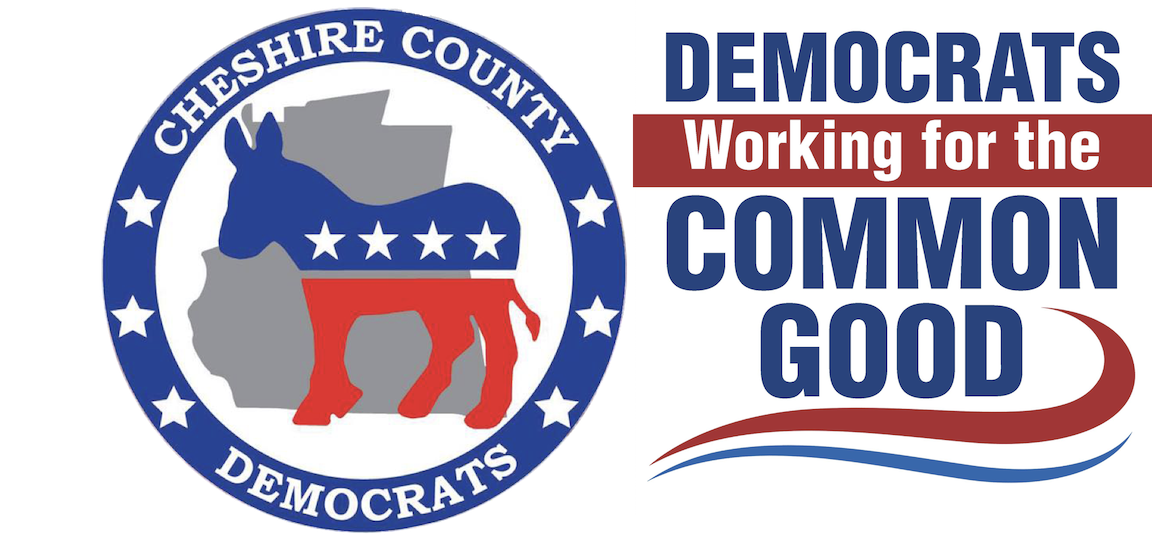By Mark Fernando
The Congressional Budget Office has now officially ‘scored’ Trumpcare and has estimated that 23 million will lose their health insurance.
Medicaid expansion under the Affordable Care Act has made it possible for nearly 50,000 citizens of New Hampshire to get health insurance. The vast majority of these newly insured are the working poor. Their employers offer no health insurance, and they could not afford health insurance on the private market. People making $18,000 a year could not afford a $6,000 health insurance policy before the Affordable Care Act.
If the Republican healthcare plan becomes law, nearly all of the newly insured will lose their coverage.
The expansion of Medicaid in New Hampshire has brought over $100 million per year into New Hampshire. That new money has flowed to the bottom line of our healthcare providers, primarily our hospitals, which bear huge burdens providing free care for people without health insurance. One study concluded that Medicaid expansion has cut the cost of uncompensated care over 40% in those states that expanded Medicaid.
Under Trumpcare, New Hampshire healthcare providers would lose hundreds of millions of dollars over the next decade, jeopardizing the financial health of some of our hospitals.
At the heart of Trumpcare is a big tax cut for the wealthy. The Affordable Care Act included the Net Investment Income Tax, a new 3.8% tax on unearned income (such as interest, dividends, and capital gains) received by couples with incomes over $250,000 a year. Trumpcare would repeal this tax.
The Net Investment Income Tax corrected a flaw in the original financing of Medicare: the system is funded by a payroll tax on the wages of working Americans, rather than by a tax on the incomes of all Americans. Part of our paychecks supported Medicare, but dividends, interest, and capital gains did not.
The importance of this flaw cannot be overstated. Medicare is a program that benefits Americans who reach the age of 65. It makes sense to pay for it the way we pay for the rest of the federal government—based on our incomes, not just on our W-2 earnings.
(Social Security is different. It is paid for with a payroll tax, and the benefits you receive depend upon how much you pay in. With Medicare, your benefits are not based on the Medicare taxes you have paid.)
Warren Bufffet is paid a modest salary by his company. The vast majority of his income is dividends and capital gains that are not subject to the Medicare payroll tax. Year after year, before the Affordable Care Act, Warren Buffett paid less in Medicare tax than many wage-earning Americans.
To his credit, Warren Buffet has spoken out against Trumpcare as a tax cut for people like him who do not need it. According to Buffett, repealing the Affordable Care Act—and the Net Investment Income Tax—would have saved him about $680,000 in 2016.
Repealing the Net Investment Income Tax will cost the federal government about $60 billion a year. Trumpcare offsets that revenue loss with huge cuts to healthcare spending. Medicaid expansion would be phased out, while health insurance subsidies for the working poor would be eliminated.
Here in New Hampshire, if Trumpcare becomes law, the health of tens of thousands of our fellow citizens will decline as they lose their health insurance. The financial health of our hospitals will also decline, as the number of uninsured people increases.
Republicans have spent years railing against “Obama tax hikes” without mentioning that the target of their wrath is a tax that corrected one of the great inequities in our tax system. The health of millions will be harmed to benefit the wealthy few.
The Republican plan is now in the Senate, where most senators have large stock portfolios and incomes over $250,000, so they are paying the Net Investment Income Tax. We can expect that most Republican senators will vote themselves a tax cut—at the same time taking health insurance away from millions of their constituents. Meanwhile, we can expect Democratic senators to vote against a personal tax cut, and for the health of the people.
Mark Fernald is a former State Senator and was the 2002 Democratic nominee for Governor. He can be reached at mark@markfernald.com

